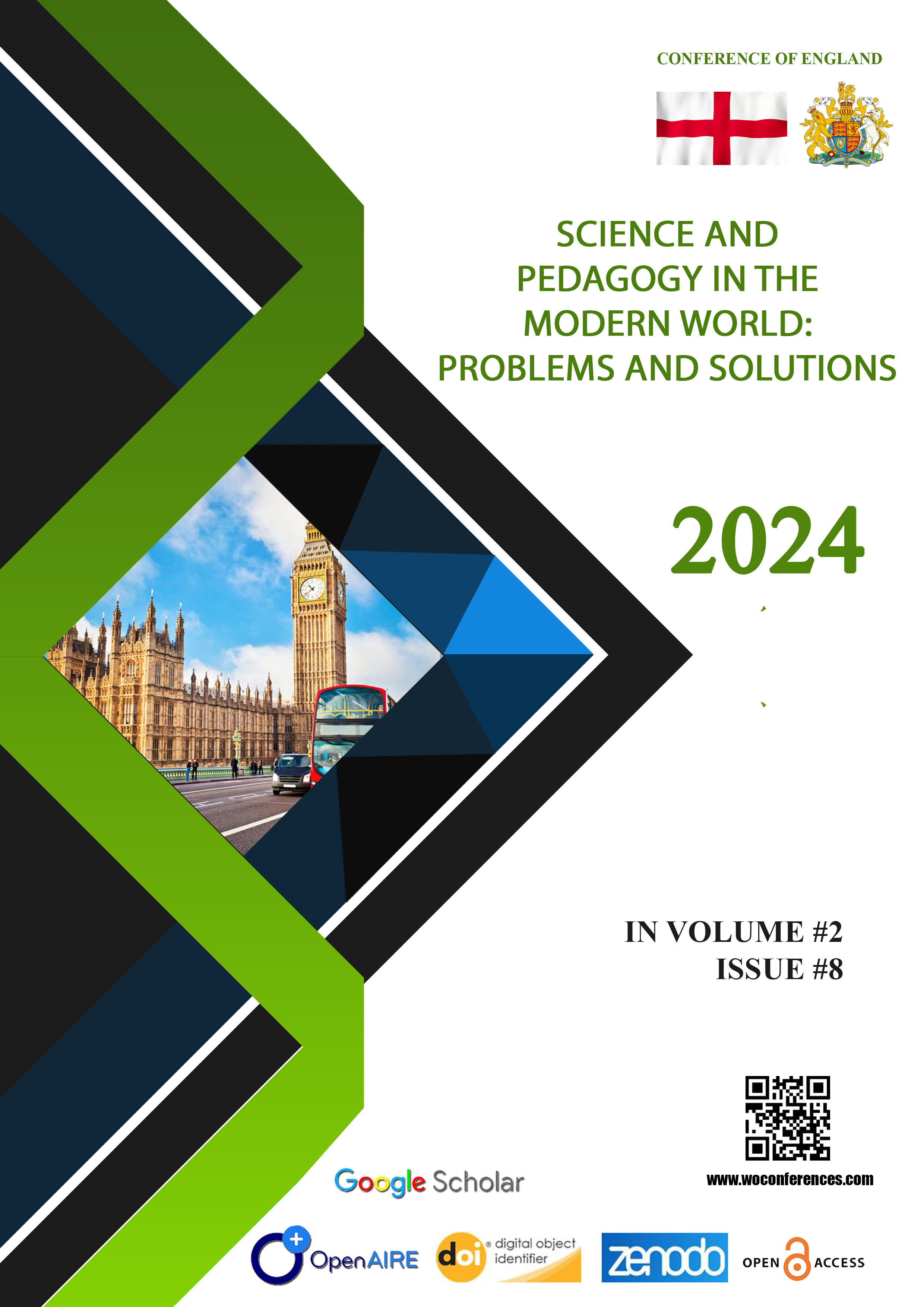THE DYNAMIC EVOLUTION AND TRANSFORMATION OF LINGUISTIC SYSTEMS OVER TIME AND ACROSS DIVERSE CULTURAL CONTEXTS
Abstract
Language is a dynamic and constantly evolving system that reflects the cultural, social, and historical contexts in which it is used. This article aims to provide an in-depth analysis of language changes, examining the factors that drive these changes and their implications for communication and society. The research draws upon a wide range of linguistic theories and empirical studies to shed light on the mechanisms underlying language evolution.
References
. Algeo, J. (1998). ‘Vocabulary.’ in The Cambridge history of the English language,
volume IV, 1776–1997 (ed. S Romaine). Cambridge: Cambridge University Press.
. Bell, J. (2005). Doing your research project: a guide for firsttime researchers in education, health and social science. England: Open University Press.
. Blaxter, L., Hughes, C., & Tight, M. (2006). How to research. (3rd ed.). England. O.U.P.
. Bloomfield, L. 1933. Language. London: George AlIen & Unwin
. Crystal, D. (2003). The Cambridge Encyclopaedia of English language. Cambridge: C.U.P.
. Dave,A. (2004).Language changes. www.funny-business.com.au
. Harya, T., D., (2016). Language change and development: historical linguistics. STAIN Jurai Siwo Metro: Lampung Premise Journal. Volume 5 No 1, April 2016 ISSN: 2442 - 482x (cetak) ISSN: 977244248DD3 (electronic): https://www.researchgate.net/publication /273040824 Factors Affecting Language Change.
. Haspelmath, M. 2004. “On directionality in language change with particular reference to grammaticalization”. In O. Fischer, M. Norde, & H.Perridon (Eds.), Up and down the cline: The nature of grammaticalization. Amsterdam: Benjamins, pp. 17-44.
. Hickey, R. (2003). (ed.) Motives for language change, Cambridge: C.U.P.
. Labov, W. (2001). Principles of linguistic change. Blackwell Vol. I; Internal Factors (1994). Vol. II Social Factors: http://en.wipedia.org/wiki/language.
. Leech, G. (2003). ‘Modality on the move: the English modal auxiliaries 1961-1992’, In Roberta Facchinetti, Manfred Krug and Frank Palmer (eds.) Modality in Contemporary English, Topics in English Linguistics 44. Berlin/New York: Mouton de Gruyter.
. Mantiri, O. (2010). Factors affecting language change. Oktavian Mantiri Klabat University. Article in SSRN Electronic Journal • March 2010 DOI: 10.2139/ssrn.2566128: https://www.researchgate.net/publication/273040824 Factors
Affecting Language Change.
. Oshodi, B. 2012. “The sociolinguistics of borrowing: The impact of Yoruba on Arigidi”. California Linguistic Notes, Vol. 37(1), pp. 1-19.
Richardson, J. R., Peres, J. A. S., Wanderly, J. C. V., Correia, L. M., & Peres, M. H. M. (2010). Pesquisa social - métodos e técnicas. (2nd ed.). São Paulo: Editora Atlas.
. Stockwell, R. & Minkova, D. (2001). English words: history and structure. Cambridge: C.U.P.









